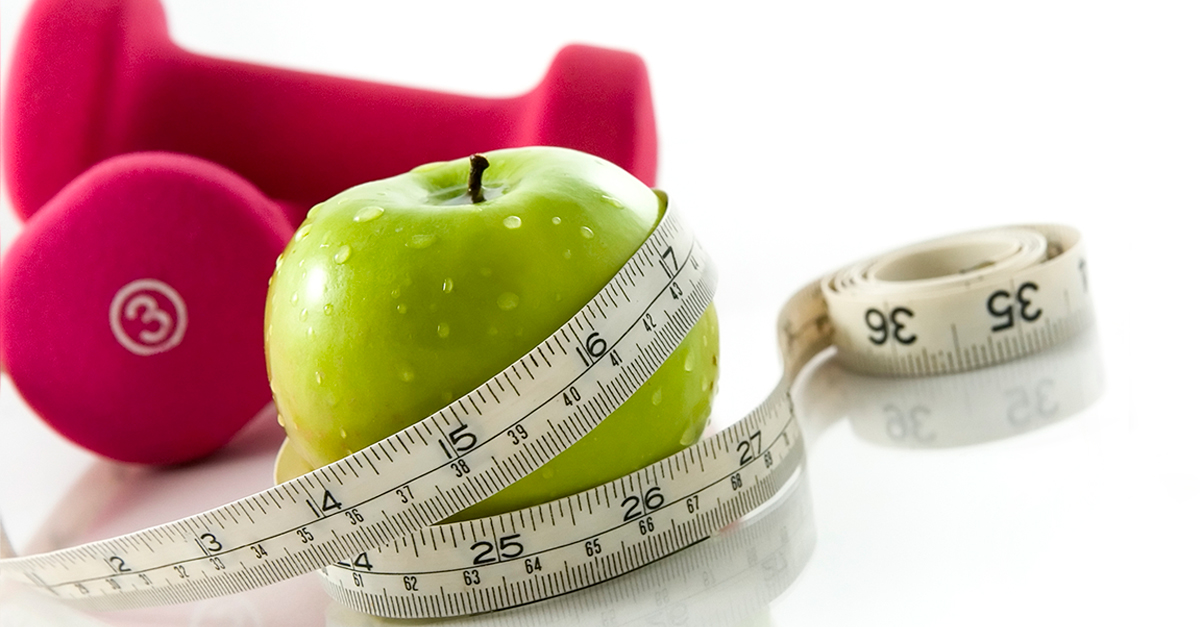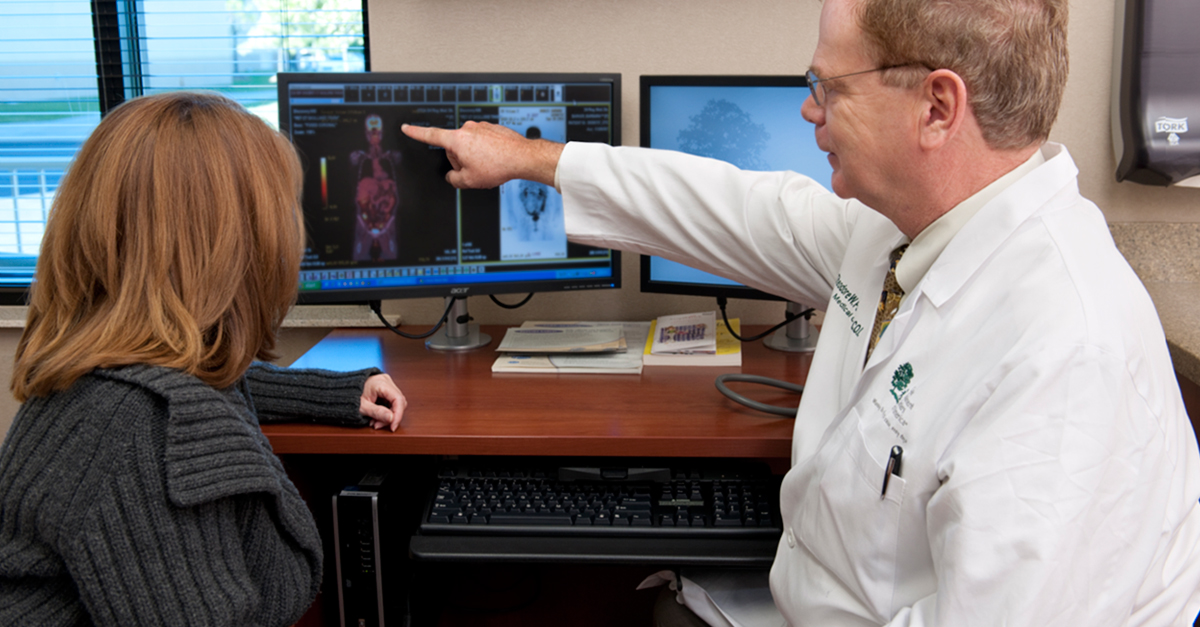
The results of a study released this summer have confirmed what doctors—and most Americans—have known for decades: Specific changes in lifestyle may help reduce your risk of getting certain cancers. Cut back on alcohol. Quit smoking. Exercise, and lose some weight. These are all sound steps that may not only cut your cancer risk, but may reduce your chances of developing heart disease, diabetes and other health problems. “Fundamental lifestyle changes with diet and exercise by far produce the greatest effects on health and wellness than any other pill out there," says Eugene Ahn, MD, Hematologist/Oncologist at our hospital near Chicago.
What the study said
Researchers at Harvard Medical School studied the lifestyles of about 135,000 Americans, broken into two groups: those with healthy lifestyles and those with unhealthy lifestyles. Subjects with healthy lifestyles were defined as non-smokers and moderate drinkers who exercise regularly and have a body mass index (BMI) of 18.5 to 27.5. The researchers found that cancer risk may be reduced by up to 40 percent by adopting a healthy lifestyle, and that half of cancer deaths may be attributed to bad habits. "A substantial cancer burden may be prevented through lifestyle modification," the study’s authors, Drs. Mingyang Song and Edward Giovannucci, write. "Prevention should remain a priority for cancer control." The study also found that risks for specific cancers, including lung, breast, colorectal, pancreatic and bladder, are reduced by living healthier.
"The funny thing is that people say it is too time- and resource-intensive to teach these things, but actually, it is far more cost-effective to teach and promote these elements of health than it is to spend money on drugs," Dr. Ahn says. "But on a cultural and political level, we simply haven’t caught up to the evidence." That evidence is pretty clear.
Bad habits that raise risk
Decades of research have linked an increased cancer risk to certain bad habits, such as:
Smoking: Tobacco products kill nearly 500,000 Americans every year and are the most preventable cause of death and disease in the United States. Tobacco smoke contains dozens of carcinogens, and smoking has been linked to several cancers, including lung and head and neck cancers. Still, as of 2014, about 40 million adults continued to smoke, most of them every day, according to the U.S. Centers for Disease Control and Prevention (CDC).
Excessive alcohol: Drinking accounted for nearly 90,000 deaths a year, according to the CDC. And about 18,000 cancer deaths per year are linked to alcohol, the National Cancer Institute reports. Alcohol abuse has been linked to cancer of the esophagus, head and neck, liver, colon and breast. Yet about 17 million adults abused alcohol on some level in 2014, according to the National Institutes of Health.
Obesity: Considered a factor in as many as one in 10 new cancer cases each year, obesity produces hormones and growth factors that research suggests may promote tumor growth. Fat cells sometimes also excrete chemicals that may damage DNA. Obesity increases the risk factors for breast cancer, colorectal cancer, pancreatic cancer and other cancers. Nearly 80 million American adults, or about 35 percent of the population, are considered obese, according to the CDC.
"The next great innovation in health is understanding the psychosocial components of why people have difficulty accepting and adopting such lifestyle changes," Dr. Ahn says. "We have to look at society as a whole. To paraphrase a wise man (philosopher Jiddu Krishnamurti), 'It is not a measure of good health to be well-adjusted to a sick society.'"


